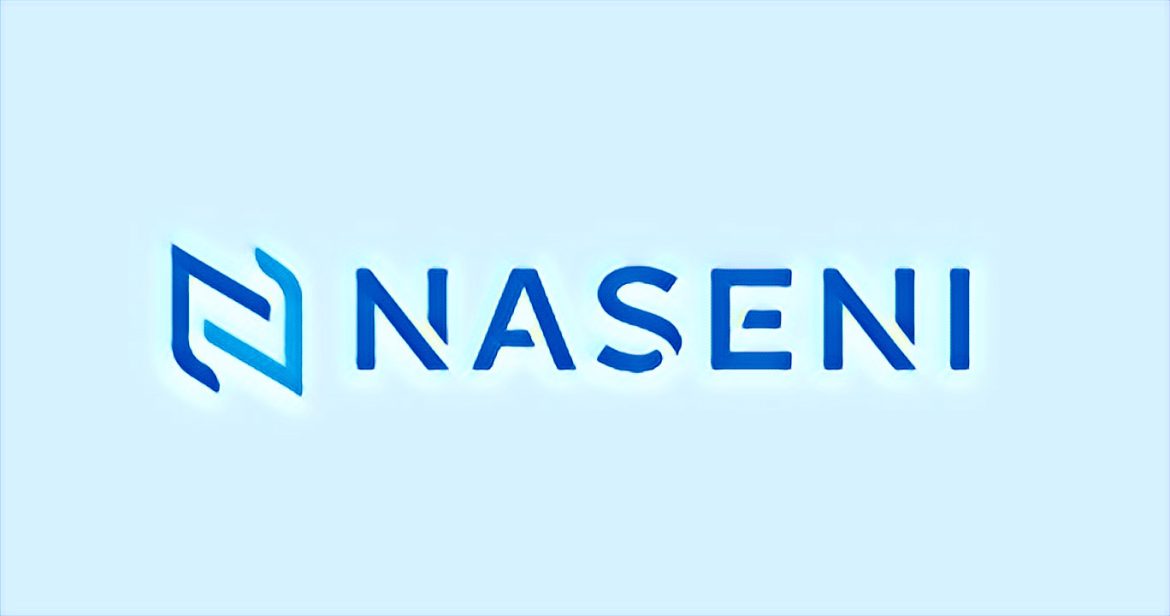Key Points
-
The local production security equipment Nigeria project targets import substitution.
-
The local production security equipment Nigeria initiative involves DSS and NASENI collaboration.
-
The local production security equipment Nigeria drive could boost domestic industrial capacity.
The Department of State Services (DSS) and the National Agency for Science and Engineering Infrastructure (NASENI) have officially started a joint project to make security equipment in Nigeria. This is a sign that Nigeria’s security-manufacturing strategy is changing. The announcement was made at NASENI’s Idu facility in Abuja, where Garba Magaji, the Director General of DSS, and Khalil Suleiman Halilu, the Executive Vice Chairman of NASENI, were both present. The groups say that the goal of the drive is to make high-tech surveillance systems, unmanned drones, and advanced scanning units in the country.
The project fits with the federal government’s “Nigeria First” policy and comes at a time when the country is trying to cut back on its heavy reliance on imported security gear. The partnership is a sign of a strategic push towards both import substitution and improving the country’s defense-industrial capabilities. It is also one of the first times that a major intelligence agency has publicly partnered with a domestic manufacturing company to make security hardware.
How the Nigeria initiative to make security equipment locally will work
Under the agreement, NASENI will use its network of development institutes across Nigeria to create designs, prototypes, and eventually produce equipment like biometric access systems, perimeter scanning units, and small tactical drones. DSS will, on the other hand, set operational requirements, provide testing facilities that meet security standards, and act as the end user. By the end of next year, the first phase aims to have at least 500 key-hole drones and 250 fixed scanning stations.
The program is also expected to use local supply chains for parts and encourage small and medium-sized businesses to work as subcontractors. Halilu from NASENI said that one of the main goals is to create jobs and transfer technology: “We’re not just building machines; we’re building a local ecosystem,” he said.
Why this push is important for Nigeria’s safety and economy
The importance of the Nigeria drive to make security equipment locally goes beyond defence. Nigeria has been buying a lot of its high-tech security gear from other countries for years, which can be expensive and risky because supplies can run out. Local production has both economic and operational benefits because internal security problems are getting worse and budgets are tight. Analysts say this could lower the amount of money that leaves Nigeria’s economy and give the country more control over its surveillance system.
Also, the move helps Nigeria’s new manufacturing sector grow. Before the launch, Minister of Industry, Trade, and Investment Dr. Jumoke Oduwole praised NASENI’s growing collection of “Made-in-Nigeria” tech products and urged government agencies to use more of them.
Possible problems and what’s next
The project is ambitious, but it will be hard. To make sure that sensitive equipment is made on high-quality manufacturing lines, the supply chain must be mature, the workers must be trained, and strict testing procedures must be in place. DSS sources stressed the importance of security certification, compliance with export controls, and the ability to maintain systems. Also, moving from prototypes to full production will test NASENI’s operational bandwidth.
The parties say they will phase the rollout to manage risk. They will start with pilot units for internal use, then scale up for wider deployment and eventual export. The government hasn’t said how much money it will spend, but it has said it will work with private companies to help with manufacturing and logistics.
If the local production security equipment Nigeria project is successful, it could make Nigeria a regional centre for making security hardware. Right now, the focus is on the first production batches and whether they meet the strict standards set by Nigeria’s intelligence agency. The bigger goal is to make national security policy into national industrial policy.


